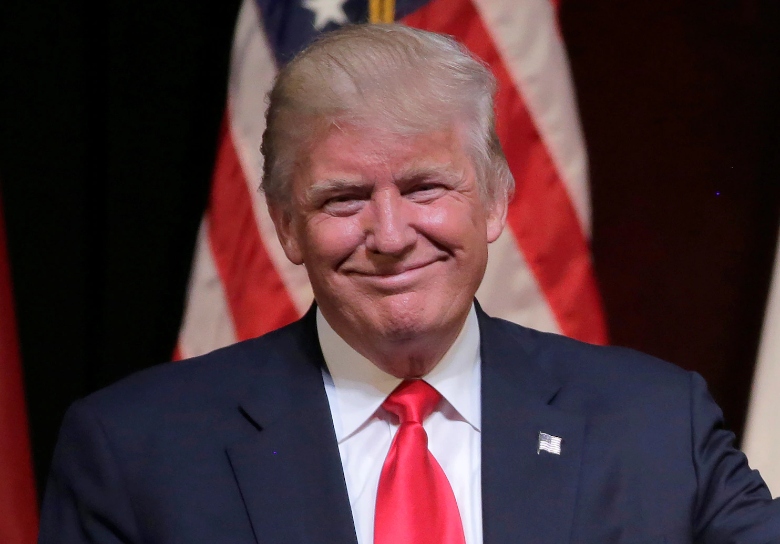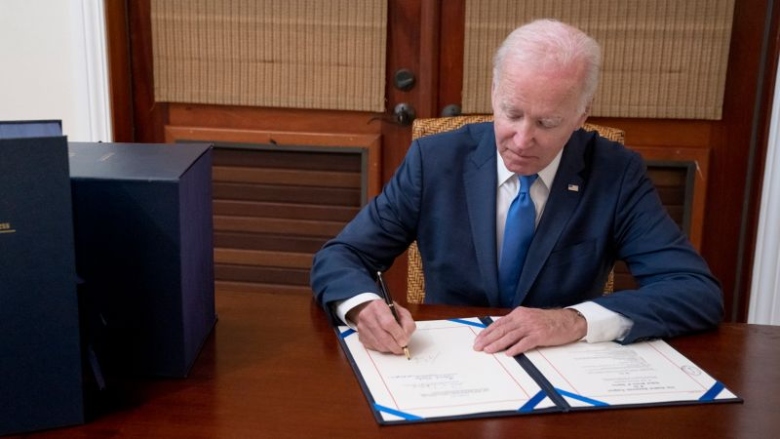The Federal Communications Commission (FCC) has taken a significant step under its new leadership by terminating all diversity, equity, and inclusion (DEI) programs. This decision follows closely on the heels of President Donald Trump’s recent executive order opposing DEI practices within the government. FCC Chairman Brendan Carr announced this change, emphasizing the benefits it would bring to the American populace.
Carr’s statement highlighted the contradiction between DEI initiatives and the Communications Act, suggesting that such policies could undermine fair and equal treatment under the law. He also pointed out that these initiatives were a misuse of taxpayer money.
Christian Talk Podcast
He noted that during the previous administration, the FCC had aligned with both private and public sectors in advancing DEI policies, which he now plans to dismantle.
Carr’s approach involves removing DEI from the FCC’s strategic priorities, where it had been placed as a top concern during the Biden administration. This includes dissolving the DEI Advisory Group and eliminating references to DEI in the FCC’s budget and performance reports. Carr reiterated his commitment to following President Trump’s directive, stressing the positive outcomes anticipated from these policy shifts.
The rise of DEI policies had gained momentum in the business world after the protests following George Floyd’s death in 2020. However, many companies have faced pressure from conservative voices, leading to a reevaluation or complete removal of these initiatives to avoid backlash and boycotts.
Trump’s administration has made it a point to address and remove DEI policies, seeing them as a form of social engineering that contradicts the ideals of a merit-based society.
President Trump has been vocal about his vision for a society that does not factor race and gender into public and private life. He has committed to ending government policies that promote such considerations, aiming for a system that rewards merit above all else. His administration’s stance is clear: fostering a colorblind society where opportunities are based on individual ability and achievement.
The FCC’s decision is part of a broader movement within the government to align with these values. By erasing DEI from its priorities, the FCC aims to set a precedent for other institutions to follow suit, thereby reinforcing a commitment to non-discriminatory practices that focus on merit and equality.
This shift in policy is seen by many on the right as a necessary correction to what they view as divisive practices that have pervaded both public institutions and private enterprises. The objective is to create a more cohesive society where individual accomplishments are not overshadowed by identity politics.
The elimination of DEI programs from the FCC’s agenda is a reflection of a larger ideological battle being waged in the United States. It underscores a commitment to principles that prioritize individual merit and reject policies perceived as promoting inequality under the guise of inclusion.
For supporters of this shift, the move is a step towards restoring a focus on individual capabilities and ending what they see as unnecessary and harmful societal divisions.
This perspective holds that true equity is achieved not through mandated diversity but through offering equal opportunities for all to succeed based on their skills and efforts.
The debate over DEI policies continues to be a polarizing issue, with advocates arguing for their necessity in correcting systemic inequalities, while opponents see them as a form of discrimination that contradicts the fundamental values of fairness and meritocracy.
As the FCC moves forward without DEI as part of its framework, it sets a precedent for other agencies and organizations to consider similar actions. This decision reflects the administration’s broader agenda to reshape policy landscapes in a way that aligns with their ideological values.
While the impacts of these changes are yet to be fully realized, the intention is to foster a society where opportunities are based solely on individual merit, free from the constraints of identity-based considerations. This vision for the future aims to ensure that every person has the chance to thrive based on their abilities and hard work.




Isn’t about time that we get back to a time in the United States where people are responsible for their success and the success of their families. If you are an able bodied individual you need to do a job to receive compensation. If you refuse to get a job, you should be made to do jobs that others don’t want or areas have need to earn your money. If you don’t work your assigned hours, you only receive the pay for when you worked. Same with enployees of the government.